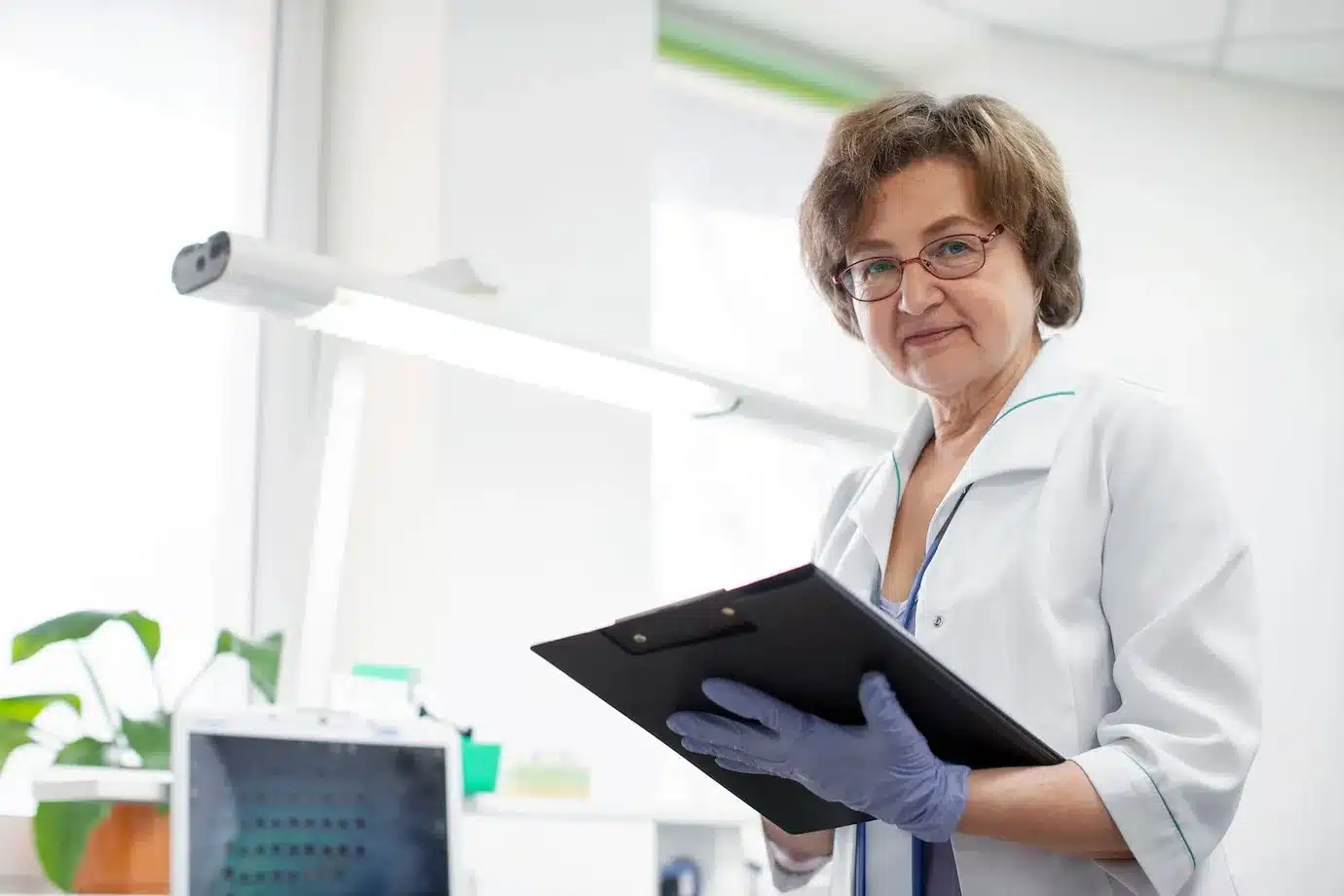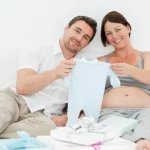Privacy is one of the most common concerns for Indian egg donors. Many women want to help families but also want assurance that their identities will remain private. Fortunately, egg donation in the USA has strict confidentiality and anonymity protections in place to protect donors.
This guide explains how donor privacy works, the legal safeguards, and options for anonymous or semi-open arrangements.
Why Confidentiality Matters
- Protects the donor’s identity from being disclosed without consent.
- Prevents future legal or financial responsibilities.
- Allows donors to return to their personal lives without outside pressure.
- Provides reassurance to donors who wish to keep the process private from family, friends, or community.
How Donor Anonymity Works
Anonymous Donation:
- Donor and intended parents never know each other’s identities.
- Agencies assign donor codes or profiles instead of names.
- Medical and genetic information is shared, but not personal details.
Semi-Open Donation:
- Basic non-identifying info may be shared (education, career, or cultural background).
- Sometimes allows future contact via agency if both sides agree.
Open Donation:
- Rare, but some families and donors agree to exchange personal info.
- Usually arranged in advance with legal protections.
Legal Protections for Donors
- Contracts: Donors sign agreements confirming no parental rights or obligations.
- Confidentiality Clauses: Ensure identities are not shared without consent.
- HIPAA Compliance: U.S. privacy laws protect medical records.
- Agency Safeguards: Profiles shown to parents exclude names, addresses, or contact info.
Case Study – Anjali’s Anonymous Donation
Anjali, a 26-year-old Indian donor in California, was worried her family might disapprove. She chose a fully anonymous donation. Her profile shared her health, education, and cultural background, but never her name or contact details. She later described the experience as ’empowering and private — I helped a family while protecting myself.’
Emotional Considerations
- Some donors feel more comfortable with anonymity.
- Others prefer semi-open donations for potential contact.
- Counseling helps donors decide what suits them best.
Testimonials
“I was nervous about privacy, but the agency explained everything. No one outside the process ever knew.” – S.P., Donor, NJ
“Confidentiality gave me the confidence to donate. I could help a family without worrying about my personal life.” – K.R., Donor, TX
FAQ
Q : Will the intended parents ever know my name?
Ans : Not in anonymous donation. Only basic, non-identifying details are shared.
Q : Can a child find me later?
Ans : Only if both sides agree in advance. Most donations stay confidential.
Q : What if I want to remain 100% anonymous?
Ans : That’s the default arrangement in most U.S. clinics.
Q: Will my medical information stay private?
Ans : Yes. Only relevant fertility and health details are shared, without identifying info.
Conclusion & Call to Action
Confidentiality and anonymity are cornerstones of the egg donation process in the USA. As an Indian egg donor, you can feel confident your privacy is protected every step of the way.
Ready to donate while keeping your identity private?
You can change lives while remaining completely anonymous.

Dr. Pooja Patel
Dr. Pooja Patel is a Chief Surrogacy Coordinator at Surrogacy4all. She has 10 years of experience in Anesthesiology and critical care medicine.
She received her medical degree from Seth GS Medical College and K.E.M Hospital in India. She then completed an internship. She finished her Anesthesia residency at Grant Govt Medical College and JJ Group of Hospitals in India.










